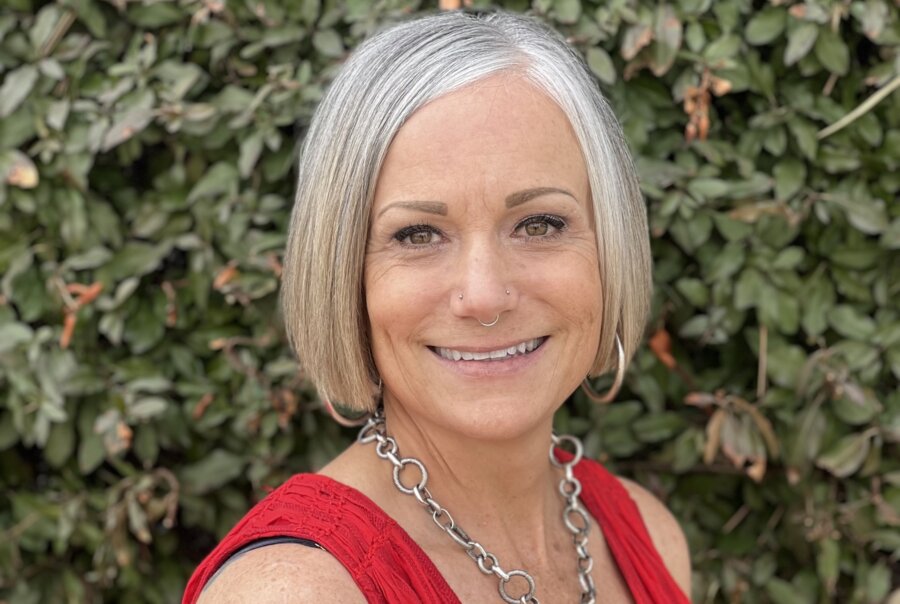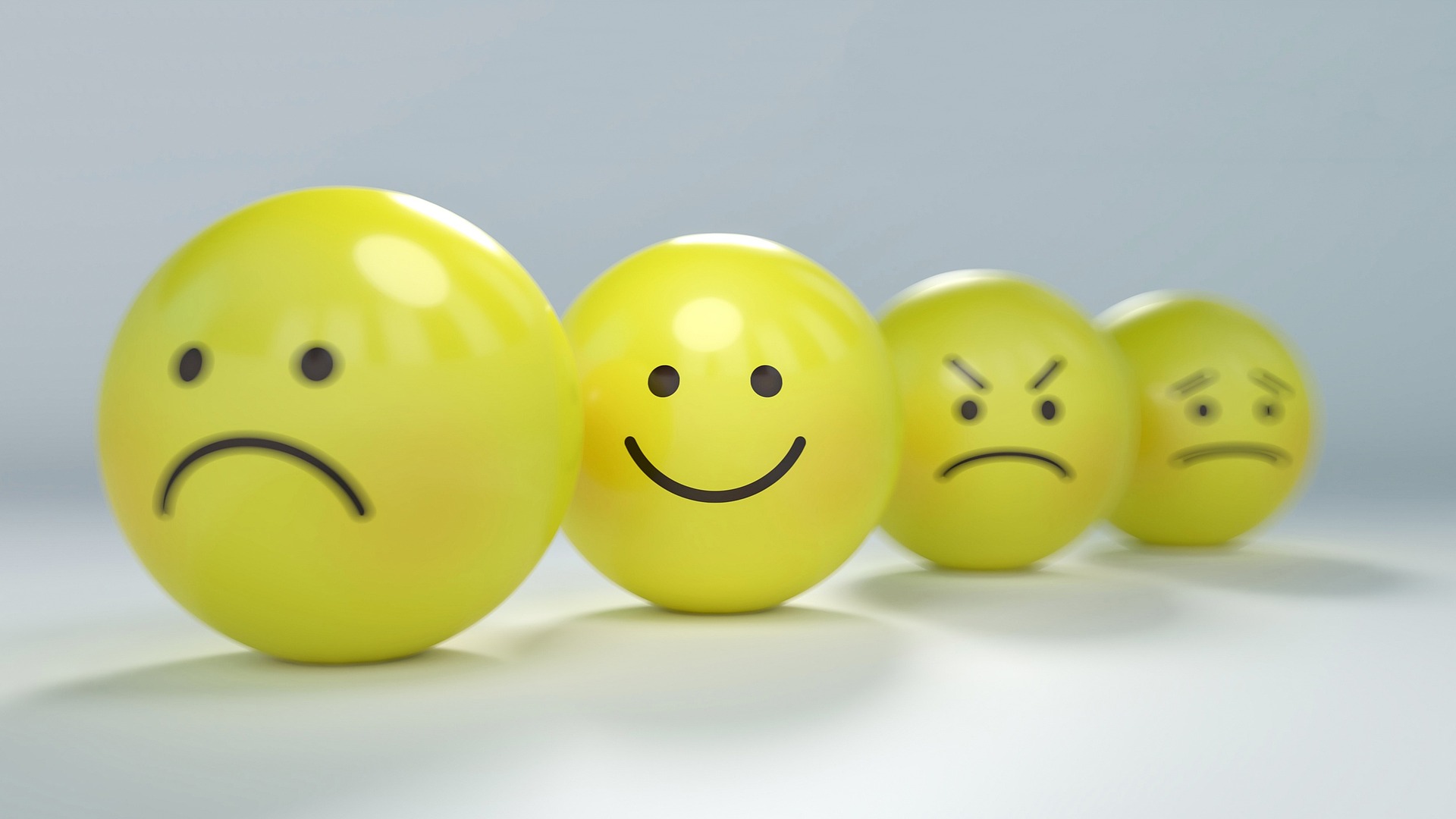
Individuals recovering from substance misuse and co-occurring conditions benefit from family participation in outpatient treatment. According to the Substance Abuse and Mental Health Services Administration (SAMHSA), “Involving family members in substance use disorder (SUD) treatment can positively affect client engagement, retention, and outcomes.” The Redpoint Center facility in Longmont, Colorado, offers partial hospitalization (PHP) and other non-residential treatment programs to help families and their loved ones heal from the effects of substance misuse.
Family Engagement Is Essential During Early Recovery
The side effects of substance misuse impact everyone in a family unit. Encouraging family members to participate in family therapy or other recovery services reduces stress and helps family members heal from their own trauma. According to SAMHSA, “While there is no one-size-fits-all solution . . . research shows that family support can play a major role in helping a loved one with mental and substance use disorders.” Therapy and other support services assist people in regaining their independence with the encouragement of family and close friends. The Redpoint Center helps families heal and thrive during recovery using evidence-based and alternative holistic therapies.
Family members can support their loved ones using an empathetic and compassionate approach to improve the effectiveness of therapy. Sometimes family dynamics influence a person’s ability to manage their condition. Therapy offers families an opportunity to identify and process potential issues and find healthy solutions under the guidance of a trained professional.
Family engagement is essential during early recovery due to the following:
- The support of family reduces symptoms related to stress, anxiety, and depression
- Family members have an easier time identifying potential triggers for relapse prevention
- Families hold their loved ones accountable for maintaining sobriety and attending treatment
The Redpoint Center helps families support their loved ones during the transition out of treatment. Often, people in recovery feel more confident about their ability to overcome challenges in early recovery if their family participates in treatment and aftercare services.
How Does Family Therapy and Other Services Support Loved Ones?
Many of the clinicians and support staff at The Redpoint Center are in recovery themselves and understand the challenges of increasing independence in early recovery. Family therapy and other services can help you and your loved ones navigate treatment and aftercare.
The Redpoint Center offers a continuum of outpatient care, including the following:
- Outpatient programs (OP)
- Intensive outpatient programs (IOP)
- Partial hospitalization programs (PHP)
- Sober living communities
- Extended aftercare services
- Alumni support
Family therapy and other support services provide clients at every level of care with the resources they need to build a strong foundation for future success. The care team will educate you and your family about the realities of mental health, addiction, and recovery.
How Can Families Support Loved Ones Participating in Non-Residential Treatment?
Non-residential treatment programs allow families to take a lead role in their loved one’s recovery from SUD. The transition out of structured treatment and into aftercare may destabilize some people. Family members help clients maintain emotional stability and the healthy behaviors they learned in outpatient care.
Non-residential treatment allows families to contribute more directly to their loved one’s recovery by doing the following:
- Providing practical support, including rides to treatment or medication management
- Allowing families to practice skills they learn in family therapy to build deeper bonds
- Providing compassionate and empathetic support
For many people, family engagement in recovery is essential to long-term recovery. You may worry about how treatment might interfere with close relationships and personal responsibilities. However, The Redpoint Center uses evidence-based methods to help clients and their families benefit from outpatient care.
The Redpoint Center Helps Families Support Loves Ones in Recovery
Recovery experts at The Redpoint Center understand every member of the family unit is affected when a loved one receives treatment for substance use disorder. According to the Journal of Food and Drug Analysis, “The effects of a SUD on a specific family or concerned significant other are determined by the severity of the disorder, the presence of other serious problems such as psychiatric illness, behaviors exhibited by the family member with a SUD, support available for the family, and the family members’ coping strategies.” You and your loved ones can heal from the effects of SUD by working together with the dedicated clinicians at The Redpoint Center.
Supporting Your Loved One During the Transition to Continuing Care
The transition from structured care to full independence usually involves a period of aftercare. Some people may join a sober living community to reduce the stress of the transition. However, strong family support can help clients in recovery move smoothly from treatment programs to long-term recovery at home. Redpoint assists families by giving them the tools to overcome obstacles and heal as a family. The experts at The Redpoint Center are here to help you and your family grow and heal together.













